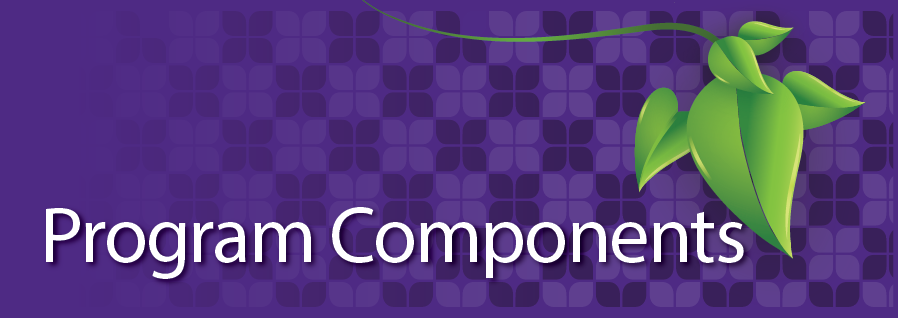For more information about the Masters of Environment and Sustainability Program, feel free to contact us!

The Master of Environment and Sustainability is designed to focus and develop intellectual and practical skills for the application and advancement of environmental sciences and sustainability in scientific, business, industrial and policy sectors. It is a fast-paced, dynamic, course-based interdisciplinary program created for students interested in equipping themselves with the skills and experience needed to compete for a position as an
Course-based Program
Students in the MES program will complete a set of courses designed specifically for the program. There are no elective courses. Students do not complete a research thesis and are not required to identify a research supervisor.
Interdisciplinary Learning by Design
The program is open to students from a variety of academic backgrounds; a design that allows them to benefit from exposure to peers with
Degree Completion
The MES program is an accelerated master’s program completed in one year. Each year, the program begins in September and ends the following August. Students attend classes from September to April, followed immediately by the co-operative work term beginning in May. Full-time attendance is required; the program is not offered part-time or online (distance learning).
Team Work
Students will work in interdisciplinary teams to produce reports and prepare professional presentations in most courses. Group work provides the opportunity to develop and practice communication, leadership and project management skills; skills which are essential for working on complex problems with a variety of stakeholders in the face of challenges posed by societal changes related to the environment and ecological demands.
Co-operative Work Term
The co-operative work term provides students with the opportunity to put into practice skills developed while in the program and to secure a relevant work experience within the field, before graduation. Students are fully supported throughout the process of seeking and successfully interviewing for co-op positions. Students may choose to seek co-op opportunities outside of program offerings.

